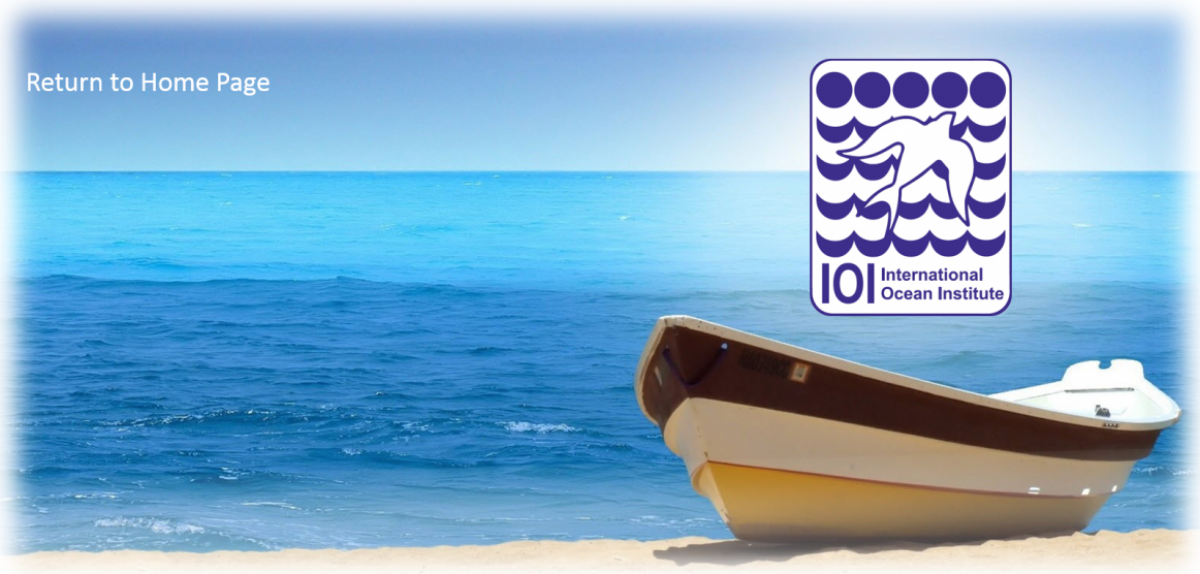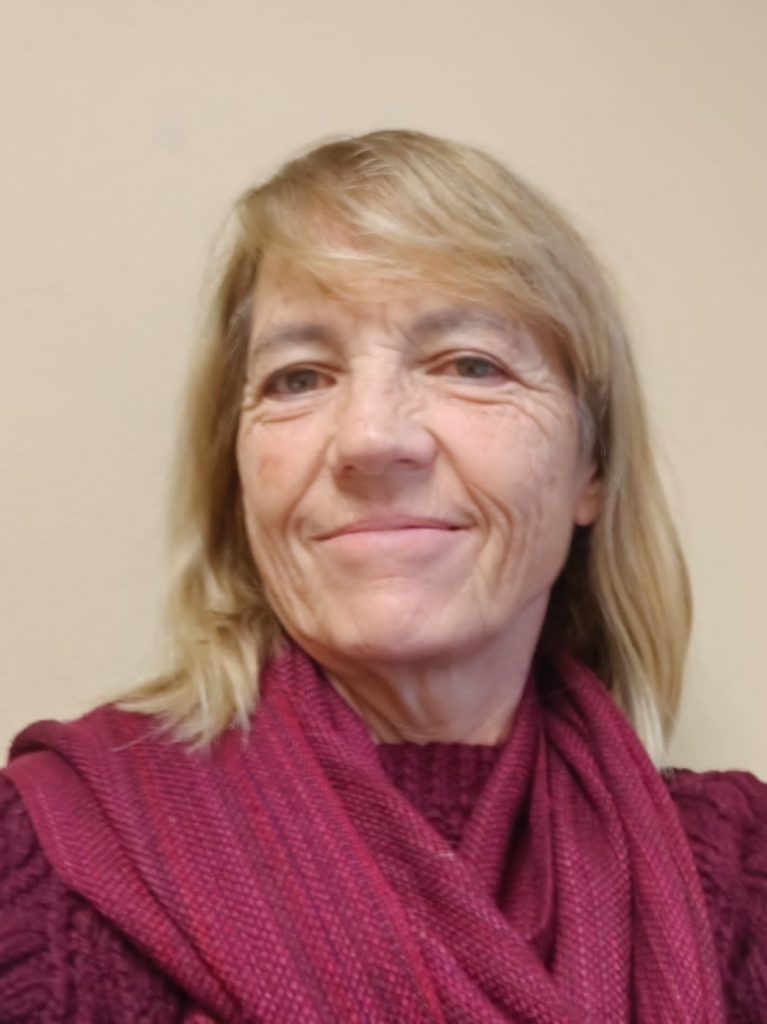The course ran from the 5th to the 30th of September 2022. The first two weeks were online but we were very excited to welcome participants to Cape Town for the final two weeks. With this, came the resumption of field trips, interactive sessions and enhanced discussion and interactions.

The weeks were characterized by thoughtful and enthusiastic input from the participants. We encouraged peer-to-peer learning and group exercises throughout the training. In addition to a Risk Assessment exercise and using the interactive board game donated by IOC-UNESCO to simulate a Marine Spatial Platform situation. One exercise ran throughout the four weeks and groups to develop a policy brief on one of four broad topics listed below:
- Green shipping – A solution to mitigate climate change;
- Small scale fisheries: Policy implementation challenges;
- Deep seabed mining: Why we must protect our biodiversity beyond national jurisdiction;
- Agriculture as a source of land-based pollution – The functionality of wetlands to improve water quality.






















